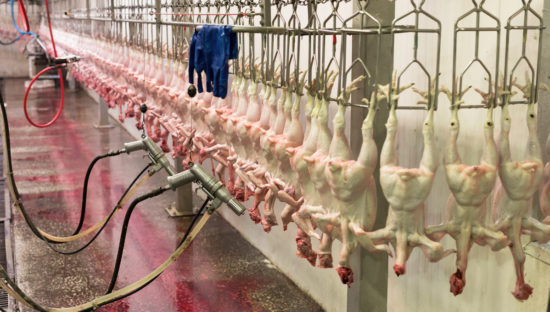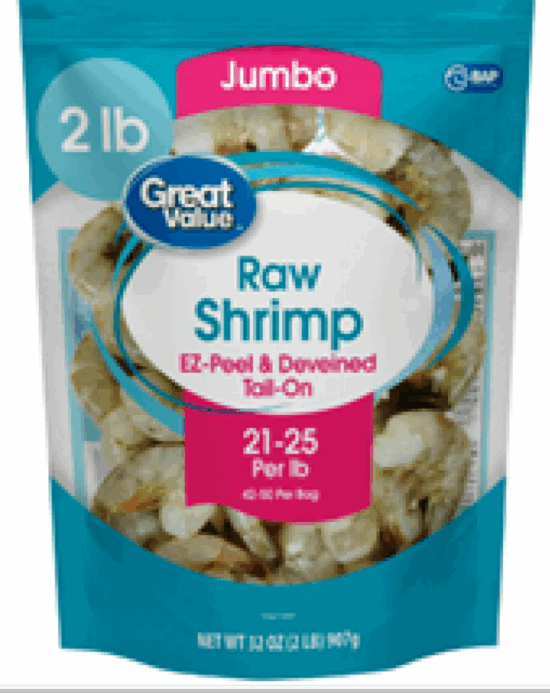Four years after the U.S. District Court for the District of Minnesota struck down USDA’s rule eliminating line speed limits in pork and poultry plants, Republican Rep. Brad Finstad has introduced legislation to ensure that pork and poultry slaughter plants can operate at “full operational capacity.”
Under Finstad’s American Protein Processing Modernization Act, the new law would do the following things:
Follow the science of a pilot program with a proven record of worker safety, ensuring that processors can operate at full capacity beyond arbitrary government deadlines
Require the USDA to publish food safety criteria for operating at increased line speeds, ensuring that processors who meet the requirements can continue operating without fear of an arbitrary slowdown.
Bring U.S. meat and poultry processing closer to global competitiveness
Protect farm incomes by reducing the potential for arbitrary reductions in processing capacity, which can result in lost contracts, increased time between plant deliveries, or a decrease in animal units.
The 2021 District Court ruling lowered line speeds until the USDA implemented time-limited trials, which permitted some establishments to increase speeds while collecting worker safety data.
“Time and time again, our pork and poultry processors have proven that increased line speeds are safe, effective, and better for consumers,” said Finstad. The House Agriculture Committee member said he introduced the American Protein Processing Modernization Act to establish a permanent framework “that will allow our pork and poultry processors to run at full operational capacity, giving American families, farmers, and food processors greater certainty in our food supply chain.”
The proposed line speed law is supported by the Meat Institute, the National Pork Producers Council (NPPC), and the Minnesota Pork Producers Association and has already won the endorsement of House Agriculture Committee Chairman Glenn “GT” Thompson, R-PA.
The Ag Committee Chairman said the bill offers certainty to producers, processors, and consumers, something he said has been lacking. “I commend Rep. Finstad for spearheading this legislation — steeped in science, technology, and innovation — that would provide a permanent solution to protect and enhance our nation’s food supply and look forward to working with USDA to get it done,” Thompson said.
Shortly after taking office, Secretary of Agriculture Brooke Rollins extended the existing line speed waivers for certain swine and poultry facilities in March. USDA’s Food Safety and Inspection Service initiated a rulemaking process to finalize faster maximum line speeds, but without any new waivers.
Processors say rule-making will not provide them with any long-term certainty.
Finstad represents Minnesota’s First Congressional District. He was first elected in a 2022 special election. He is a former State Director for USDA Rural Development for Minnesota who served for three terms in the Minnesota Legislature.
(To sign up for a free subscription to Food Safety News, click here.)



